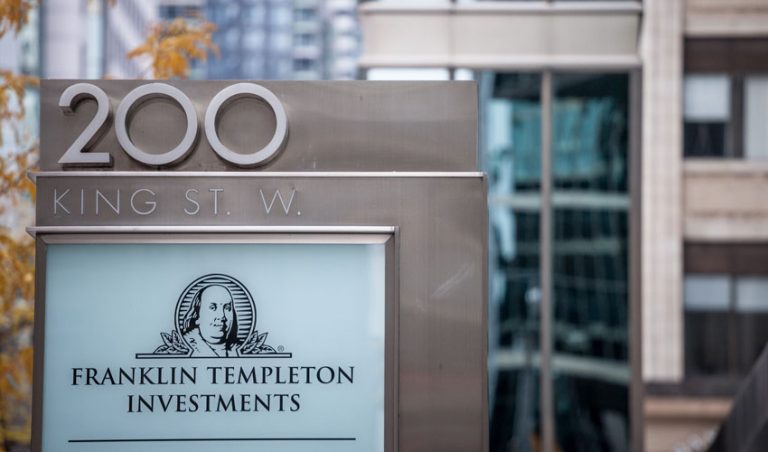
Franklin Templeton, one of the world’s largest asset managers, has filed an application with the U.S. Securities and Exchange Commission (SEC) to launch a spot ether exchange-traded fund (ETF).
The proposed fund, named Franklin Ethereum Trust, would invest directly in ether, the native cryptocurrency of the Ethereum blockchain. The fund would seek to track the performance of ether, as measured by the CME CF Ether-Dollar Reference Rate, a benchmark index that reflects the daily U.S. dollar price of ether.
According to the filing, the fund would store its ether holdings with a qualified custodian and would use a third-party administrator to calculate its net asset value (NAV) on each business day. The fund would also charge an annual management fee of 0.75%, which is lower than some of the existing crypto ETFs in Canada and Europe.
Register for Tekedia Mini-MBA edition 19 (Feb 9 – May 2, 2026): big discounts for early bird.
Tekedia AI in Business Masterclass opens registrations.
Join Tekedia Capital Syndicate and co-invest in great global startups.
Register for Tekedia AI Lab: From Technical Design to Deployment (next edition begins Jan 24 2026).
The filing comes amid a growing interest in ether and Ethereum-based products, as the network undergoes a major upgrade to become more scalable, secure and sustainable. Ethereum is also the leading platform for decentralized applications (DApps), smart contracts and decentralized finance (DeFi), which offer new opportunities for investors to access innovative and diverse markets.
Franklin Templeton is not the first asset manager to seek approval for a spot ether ETF in the U.S. In May, VanEck and WisdomTree also filed similar applications with the SEC, but they have not received any response yet. The SEC has been reluctant to approve any crypto ETFs so far, citing concerns over market manipulation, custody and investor protection.
However, some analysts believe that the SEC may be more open to approving an ether ETF than a bitcoin ETF, as ether is considered more of a commodity than a security under the U.S. law. Moreover, the SEC’s new chairman, Gary Gensler, has expressed some familiarity and appreciation for Ethereum and its technology in the past.
In June 2018, SEC Director of Corporate Finance William Hinman said that based on his analysis of the current state of ether, he did not see it as a security. He explained that ether was not issued through an initial coin offering (ICO), and that it had become sufficiently decentralized over time, meaning that no central entity or group of entities had control over its supply or governance. He also noted that ether holders did not expect to receive any dividends or profits from their investment, unlike securities holders.
Hinman’s remarks were later echoed by SEC Chairman Jay Clayton, who confirmed in March 2019 that he agreed with Hinman’s analysis of ether. Clayton also clarified that his views were not based on the label or name of the asset, but on its characteristics and how it was offered and sold. He added that some digital assets could start out as securities, but later become non-securities as they evolve and mature.
These statements suggest that the SEC has a more favorable view of ether than bitcoin, and that it may be more willing to consider an ether ETF proposal. These proposals aim to provide investors with exposure to ether without having to deal with the technical challenges and risks of buying and storing it directly.
An ether ETF could also benefit from the growing popularity and innovation of the Ethereum network, which hosts a variety of applications and protocols in sectors such as decentralized finance (DeFi), non-fungible tokens (NFTs), gaming, social media, and more. These applications could drive more demand and adoption for ether, as well as increase its utility and value proposition.
If approved, Franklin Templeton’s spot ether ETF would be the first of its kind in the U.S. and would likely attract significant demand from institutional and retail investors who want to gain exposure to ether without having to buy or hold it directly. It would also provide more legitimacy and liquidity to the Ethereum ecosystem, and potentially boost the price of ether in the long term.



